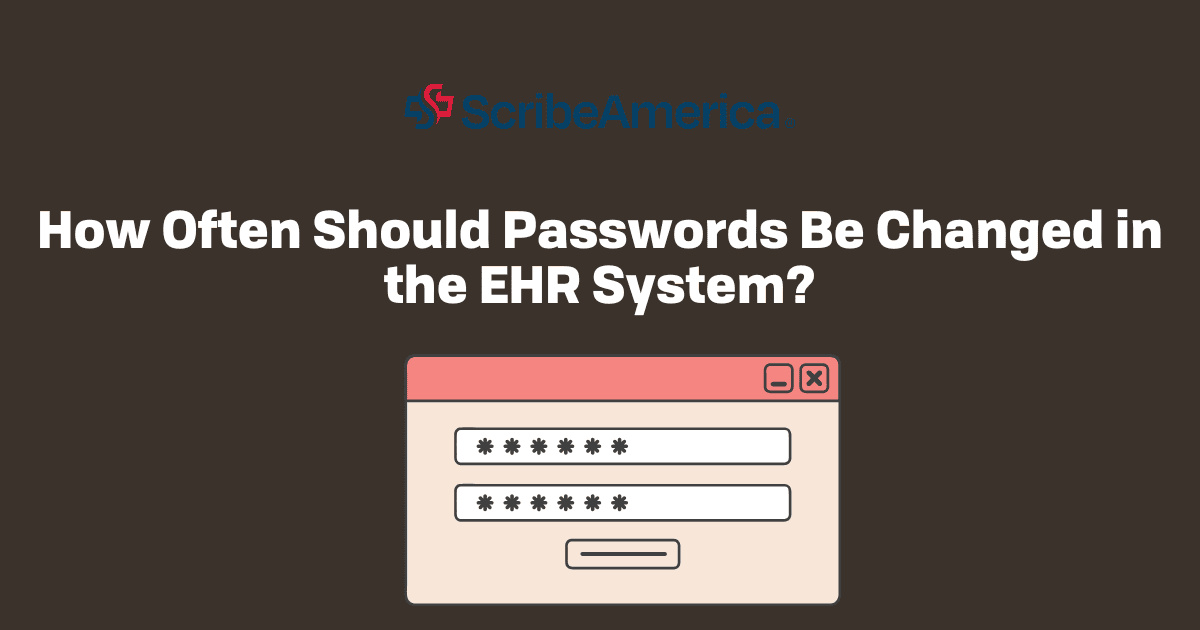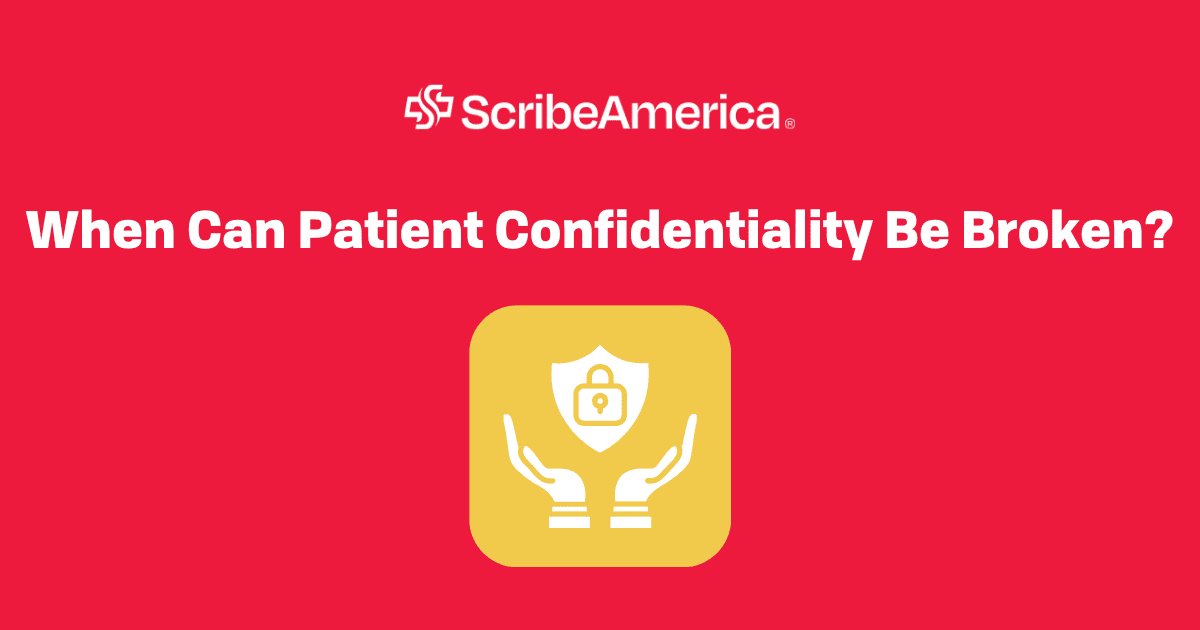
Key Points:
- Understanding what is DEI and how empathy forms the foundation for diversity, equity, and inclusion in healthcare.
- The role of empathy in the workplace in fostering inclusion, trust, and collaboration among diverse teams.
- How empathetic communication improves patient care and builds long-term client relationships.
- Practical ways to cultivate empathy and inclusivity through leadership and continuous feedback.
In the ever-evolving landscape of healthcare, the principles of Diversity, Equity, and Inclusion (DEI) are not just buzzwords; they are essential for fostering a culture of compassion, understanding, and equality. At the heart of diversity, equity, and inclusion in healthcare lies a powerful tool - empathy in the workplace. In this article, we'll explore how empathy plays a pivotal role in not only improving interactions among colleagues and employees, but also in shaping positive relationships with our community, especially within the context of healthcare.
To get us started, please watch this short video to help you better understand what empathy is.
What Is Empathy in the Workplace: A Foundation for DEI
Empathy is the ability to understand and share the feelings of another. If you’re wondering what is DEI, it stands for Diversity, Equity, and Inclusion — a framework that promotes fair treatment and opportunity for all individuals. Why is empathy important in the workplace? It serves as the bedrock of DEI by promoting a culture of respect, acceptance, and unity among colleagues. Empathetic leaders and team members create an inclusive environment where diverse perspectives and experiences are valued. This inclusivity fosters a sense of belonging, leading to increased job satisfaction.
Empathy and inclusion in the workplace go hand in hand, as empathy facilitates understanding and acceptance of differences, thereby driving inclusivity. When empathy is practiced consistently, it acts as a catalyst for creating a workplace where everyone feels valued and supported.
In healthcare, where teams consist of individuals from various backgrounds, cultures, and experiences, empathy becomes indispensable. Understanding the unique challenges faced by colleagues and clients from diverse backgrounds and geographic locations helps build bridges of trust and collaboration. It's not about seeing differences as obstacles but as opportunities for growth and innovation.
Empathy facilitating inclusivity in the workplace means actively recognizing and addressing the diverse needs of team members, which enhances collaboration and innovation in healthcare settings.
Benefits of Empathy Towards Clients: A Competitive Advantage
In the healthcare industry, cultivating empathy in client interactions is just as important as it is with colleague relations. When our providers and health systems feel understood and cared for, it not only leads to better patient outcomes but also distinguishes our company from others in a highly competitive scribe and AI-technology focused marketplace.
A Shared Focus - Patient-Centered Care
Empathetic healthcare professionals can better relate to patients' fears, concerns, and emotions. Similarly, when our clients and providers feel supported, they are better able to focus on face-to-face interaction with patients versus administrative and clerical work like documentation, historical record review and/or provider consultations. More time for conversation leads to better understanding of the patient experience which in turn leads to improved patient care.
Effective Communication Builds Trust
Empathy enhances our communication skills, enabling us to better understand what our clients are facing and need as well as empowering us to strategically think through unique solutions. Effective communication in healthcare reduces misunderstanding and frustration and instead helps us build trust and fosters collaboration.
Respect, Loyalty & Client Longevity
When health systems trust us and in turn feel understood and supported by us, they are more likely to forge long-term partnerships. Client loyalty is a hallmark of ScribeAmerica because we customize our programs down to the provider. If that weren’t enough, we also have the longest and largest footprint within the scribe industry. In short, our clients trust and value us due to our experience, history, and ability to listen and care. Let’s build on what we’ve accomplished and continue connecting with our clients and providers to drive more growth and innovation.
Fostering Empathy in the Workplace & Beyond
As we continue to learn about DEI through company training, company-led initiatives, and speakers, here are some takeaways to help us foster empathy in the workplace and beyond:
Embody Leadership
We are all leaders in our daily interactions and as leaders we should exemplify empathetic behavior. When our colleagues or clients see leaders practicing empathy in their interactions, they are more likely to follow suit. Healthcare is dynamic and ever-changing and human interaction can be frustrating for a variety of reasons, but when we lead with empathy, we indirectly become better listeners which allows us to become better problem solvers and leaders.
Institute Multiple Feedback Mechanisms:
Create and maintain communication channels that allow for feedback sharing. Sure, we obtain feedback via surveys and polls, but this bullet point is really meant to encourage us to connect directly in multiple ways whether it be through face-to-face discussions (either virtually or in-person) or in writing. Having multiple feedback mechanisms (above and below, internally and externally) allow us to continually assess and improve our understanding of our own performance as well as each other’s day-to-day experiences.
By embedding empathy and inclusion in the workplace through continuous feedback and open communication, organizations can nurture a culture where every voice is heard, leading to stronger team cohesion and innovation.
In Conclusion: Building Inclusion with Empathy
Empathy is not just a soft skill; it's a strategic asset that can transform our company's workplace culture as well as our client relationships. By embracing empathy as a core value, you not only contribute to DEI but you also help to enhance the quality of patient care while maintaining ScribeAmerica’s status as a trusted and compassionate partner in the industry.
Resources:
- "The Empathy Effect: Seven Neuroscience-Based Keys for Transforming the Way We Live, Love, Work, and Connect Across Differences" by Helen Riess, MD
- "Empathy: Why It Matters, and How to Get It" by Roman Krznaric
- "The Anatomy of Empathy: How to Be Compassionate and Connected" by Elizabeth A. Segal.
- "Cultivating Empathy in Healthcare: Essential for Patient-Centered Care" - An article in the Journal of Patient Experience, emphasizing the role of empathy in healthcare.
- "The Business Case for Racial Equity in Healthcare" - A report by the W.K. Kellogg Foundation that discusses the economic benefits of racial equity in healthcare





